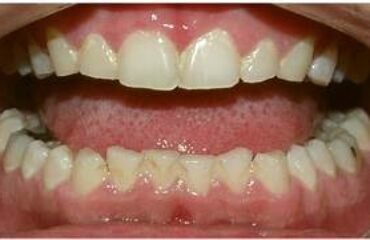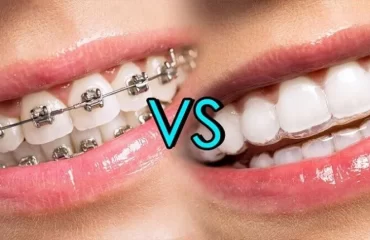 DENTAL ANXIETY Learn how to better prepare yourself for your visit to the dentistDental Anxiety/ fear/ phobia is more common than you might think: up to 90% of patients we see show some degree of dental anxiety.The severity of this fear can vary: it may be anxiety or even, what we would call, a phobia.Severity of Dental Anxiety A fear of going to the dentistA simple fear is fairly normal and can range from nervousness about going to the dentist to being scared of needles.Dental Anxiety Dental anxiety is a bit more than a general fear. One might start worrying about a dentist appointment days ahead, you can’t sleep, and a lot of angst builds up.Dental Phobia A phobia is an unreasonable fear that is clearly visible to a dentist. It can display as whole body shaking and a jittery voice. It’s hard for them to even sit down in the dental chair.What causes dental anxiety? On the scale of dental anxiety and fear, there are a range of causes.Traumatic experiences are right up there, this is often relevant for people later in life, due to past dentistry practices. People have shared stories about being held down with a knee on their chest while going through tooth extractions. Luckily, we have come a long way from there.There are other causes though, some much more subtle.Sitting in a chair, being quite restricted and having someone lean over you can give people a sense of invasion of their personal space and loss of control.Additionally, people find going to the dentist generally unpleasant or they feel embarrassed about what’s going on. People often mention not liking the noises, having trust issues, not liking the thought of unexpected pain or having a general fear of dental equipment.How can you prepare yourself for a positive dental appointment? For anyone that has some level of dental anxiety, it’s important to prepare yourself for your next visit. Your dentist visit isn’t something you should put off for long, as it often results in more lengthy and complicated treatment later down the track.There are a few things you can do to help yourself:
DENTAL ANXIETY Learn how to better prepare yourself for your visit to the dentistDental Anxiety/ fear/ phobia is more common than you might think: up to 90% of patients we see show some degree of dental anxiety.The severity of this fear can vary: it may be anxiety or even, what we would call, a phobia.Severity of Dental Anxiety A fear of going to the dentistA simple fear is fairly normal and can range from nervousness about going to the dentist to being scared of needles.Dental Anxiety Dental anxiety is a bit more than a general fear. One might start worrying about a dentist appointment days ahead, you can’t sleep, and a lot of angst builds up.Dental Phobia A phobia is an unreasonable fear that is clearly visible to a dentist. It can display as whole body shaking and a jittery voice. It’s hard for them to even sit down in the dental chair.What causes dental anxiety? On the scale of dental anxiety and fear, there are a range of causes.Traumatic experiences are right up there, this is often relevant for people later in life, due to past dentistry practices. People have shared stories about being held down with a knee on their chest while going through tooth extractions. Luckily, we have come a long way from there.There are other causes though, some much more subtle.Sitting in a chair, being quite restricted and having someone lean over you can give people a sense of invasion of their personal space and loss of control.Additionally, people find going to the dentist generally unpleasant or they feel embarrassed about what’s going on. People often mention not liking the noises, having trust issues, not liking the thought of unexpected pain or having a general fear of dental equipment.How can you prepare yourself for a positive dental appointment? For anyone that has some level of dental anxiety, it’s important to prepare yourself for your next visit. Your dentist visit isn’t something you should put off for long, as it often results in more lengthy and complicated treatment later down the track.There are a few things you can do to help yourself: - Inform yourself of the treatment required. Knowledge is power.
- Be prepared by letting your dentist know how you feel .
- Know what works for you; headphones, music, meditation are all great ways to keep yourself calm.
- A dentist should let you lead the appointment
- Have a secret sign
- Get comfortable in talking about what’s going on
- Make a plan
- Treatment your way
- Get comfortable
- If you get anxious at the prospect of going to the dentist, it can mean you neglect your oral health. Although you might maintain a good hygiene routine by brushing twice daily; missing out on regular checkups may mean it’s often too late before you realise you have a problem with your teeth or gums.
- When dental problems strike, even the worst toothache is sometimes not enough motivation to persuade a person with genuine dental phobia to get the help they need. Often, people with a fear of the dentist desperately need dental treatments that they just can’t face getting.
- The fear of dental drills or other tools and apparatus
- A general unease in clinical surroundings
- A phobia about not being in control
- Worries about gagging or choking
- Nervousness about experiencing pain




